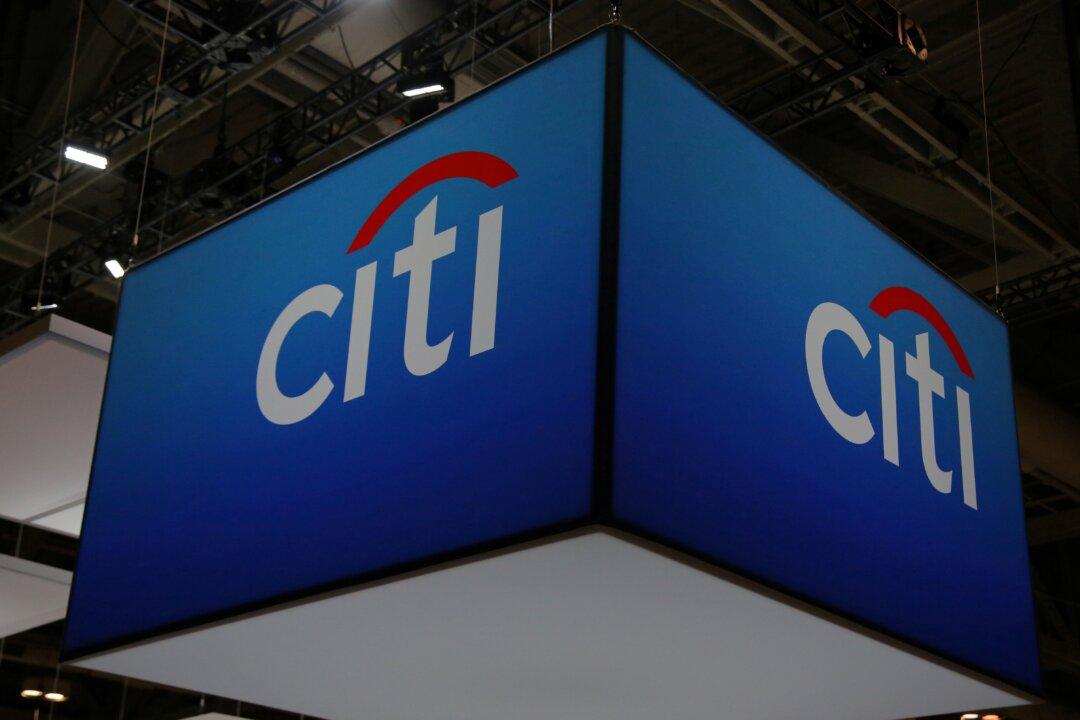Citigroup Inc. said on Monday it expects to take a cash charge of nearly $1.2 billion to $1.5 billion related to the closure of its consumer banking business in South Korea.
The bank had announced its plan to exit consumer businesses in 13 markets in Asia and EMEA (Europe, Middle East, and Africa), where it does not have the scale necessary to compete, in April.





